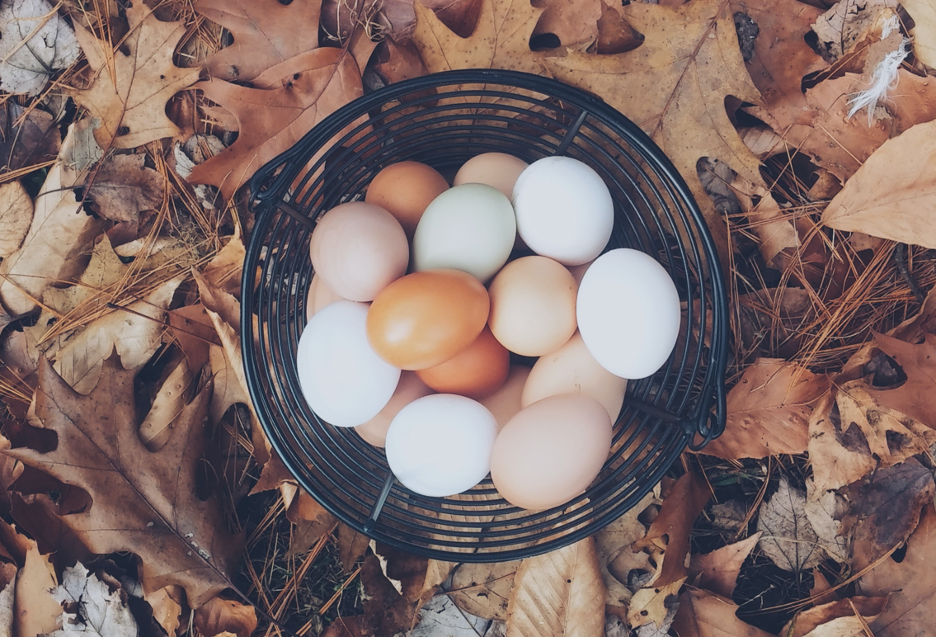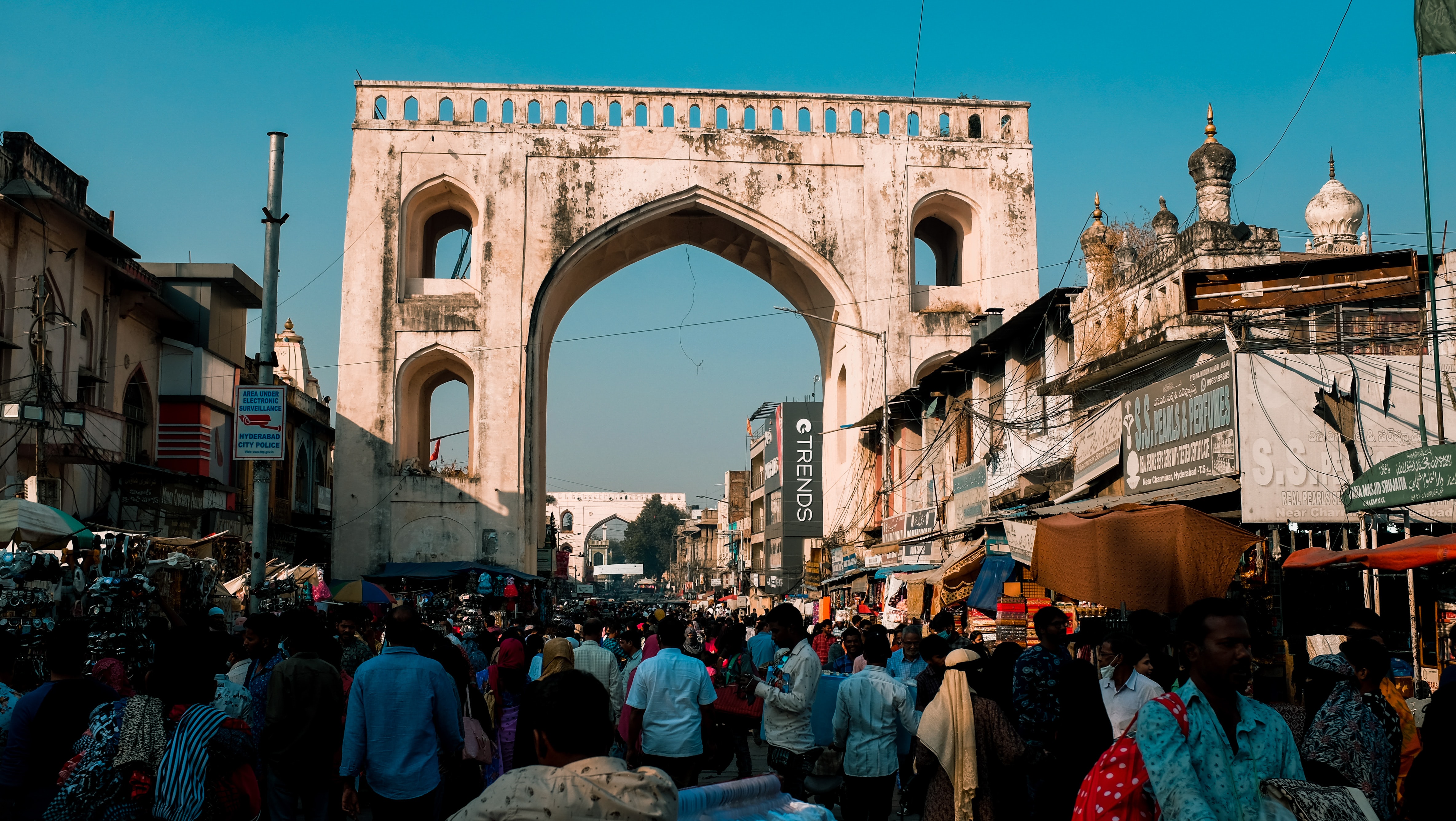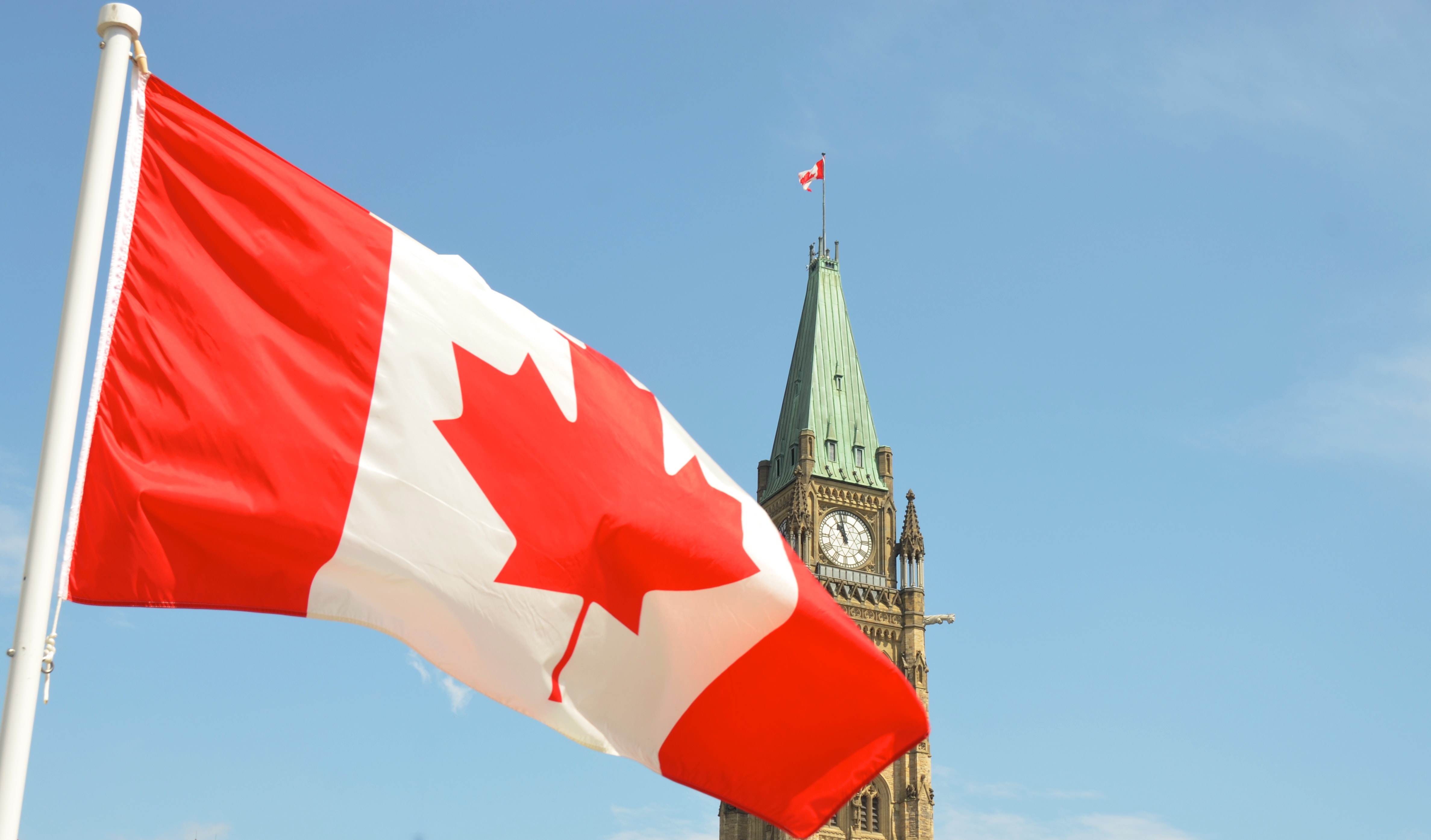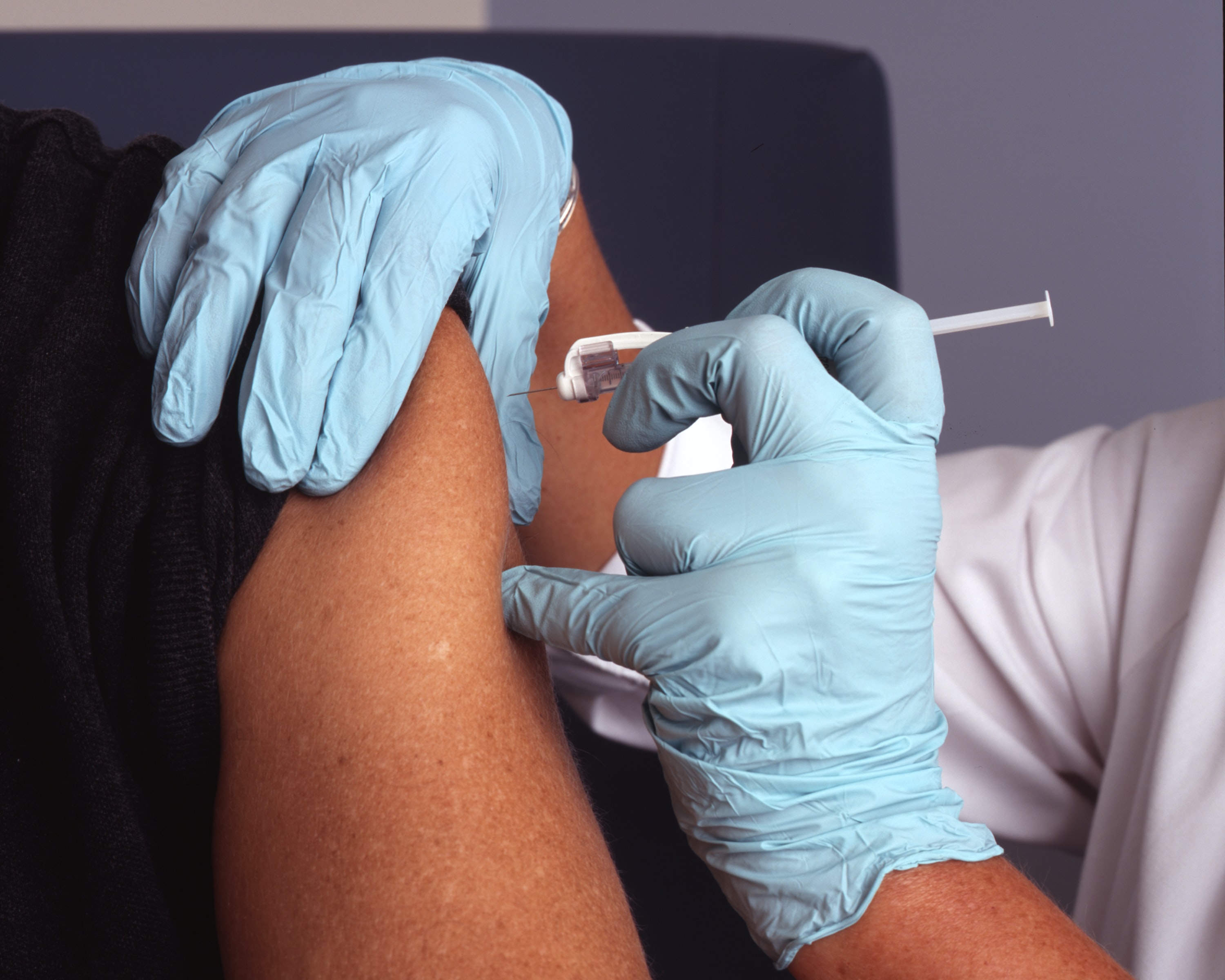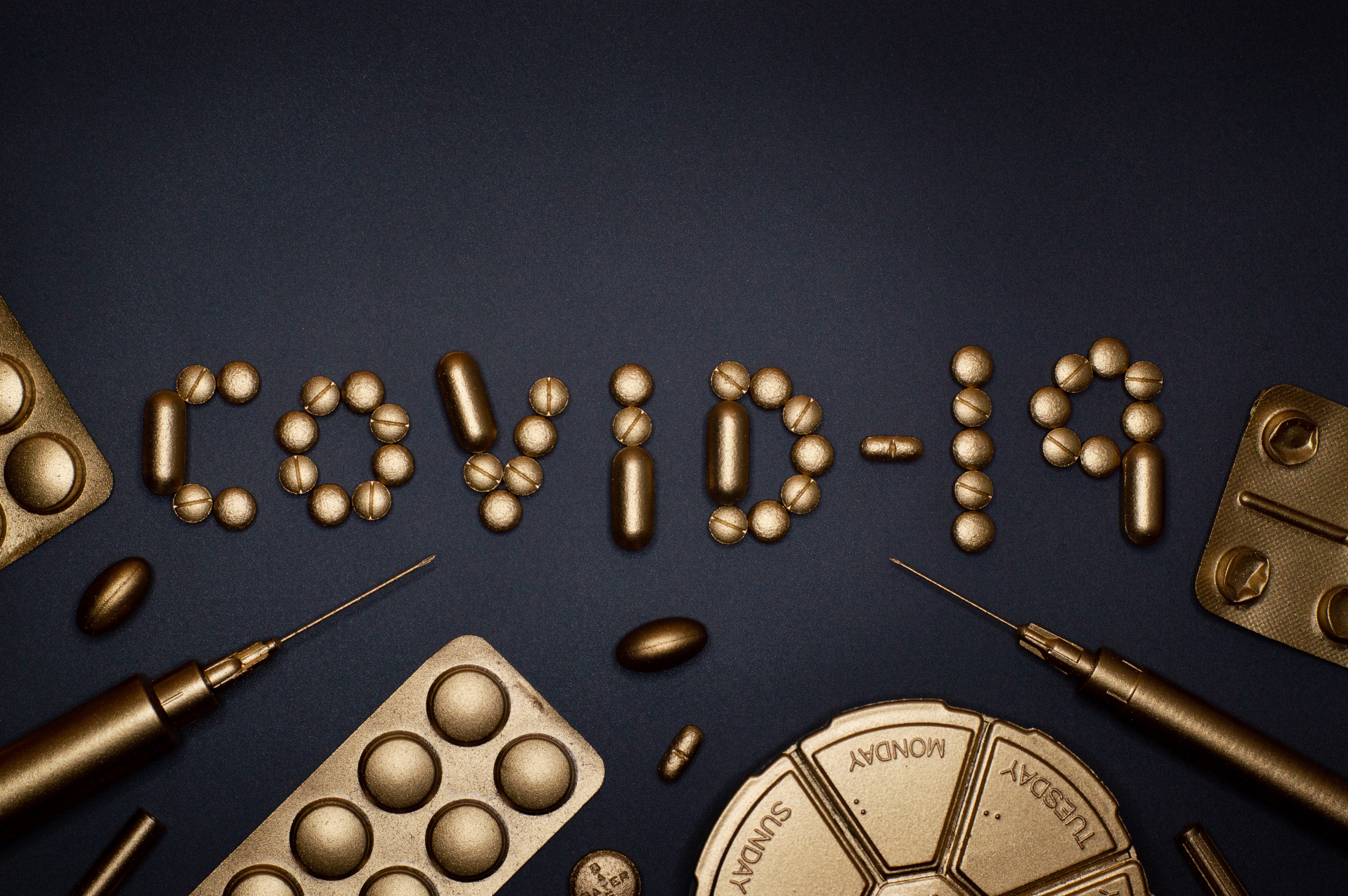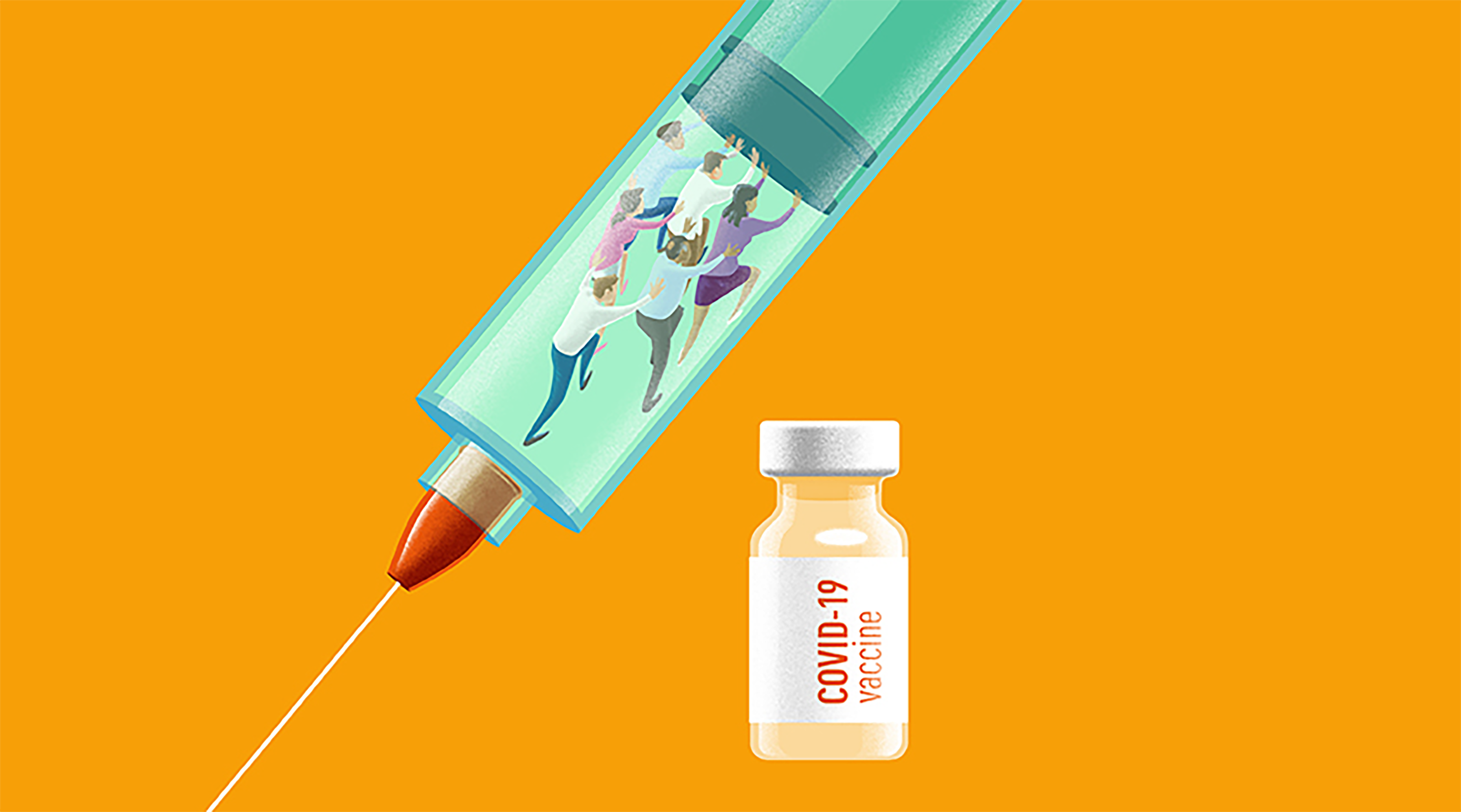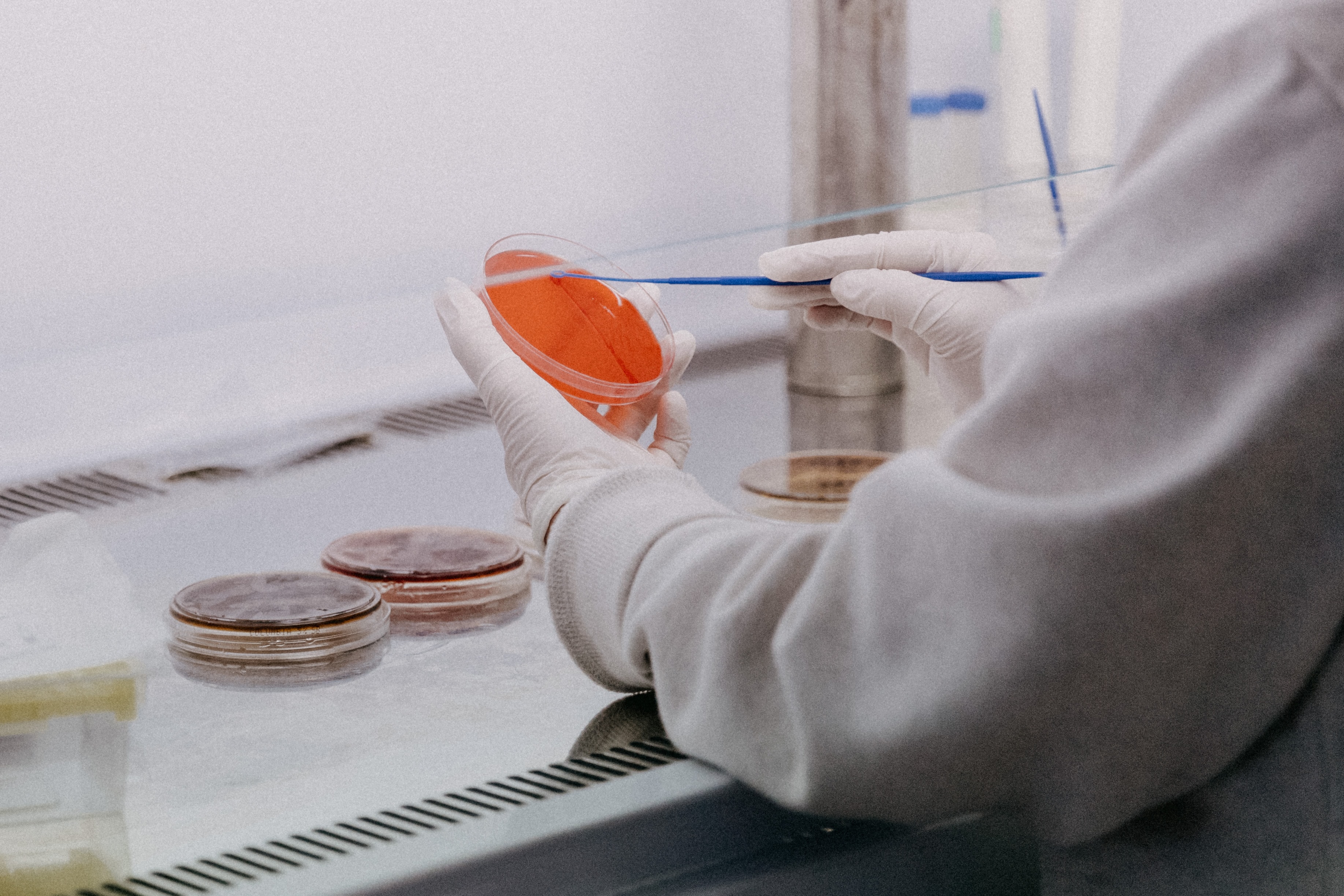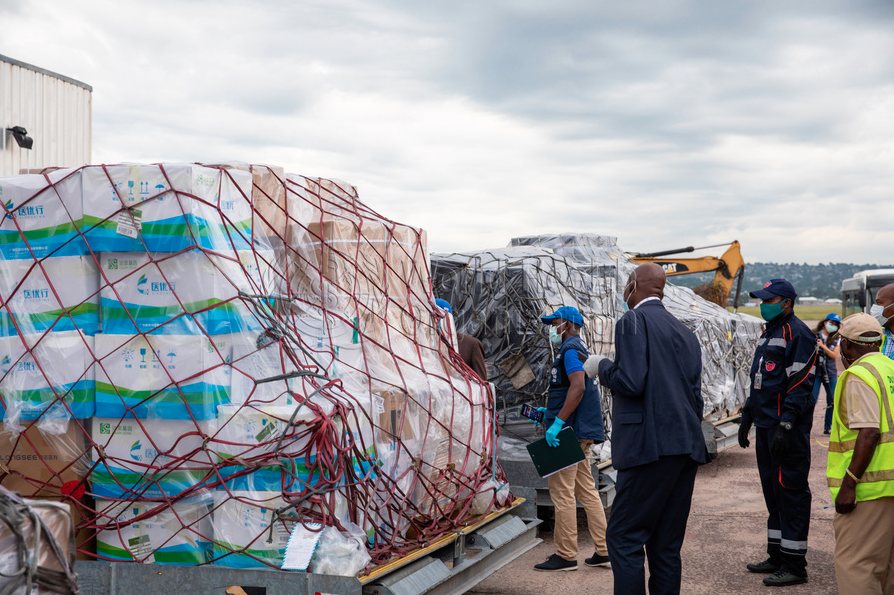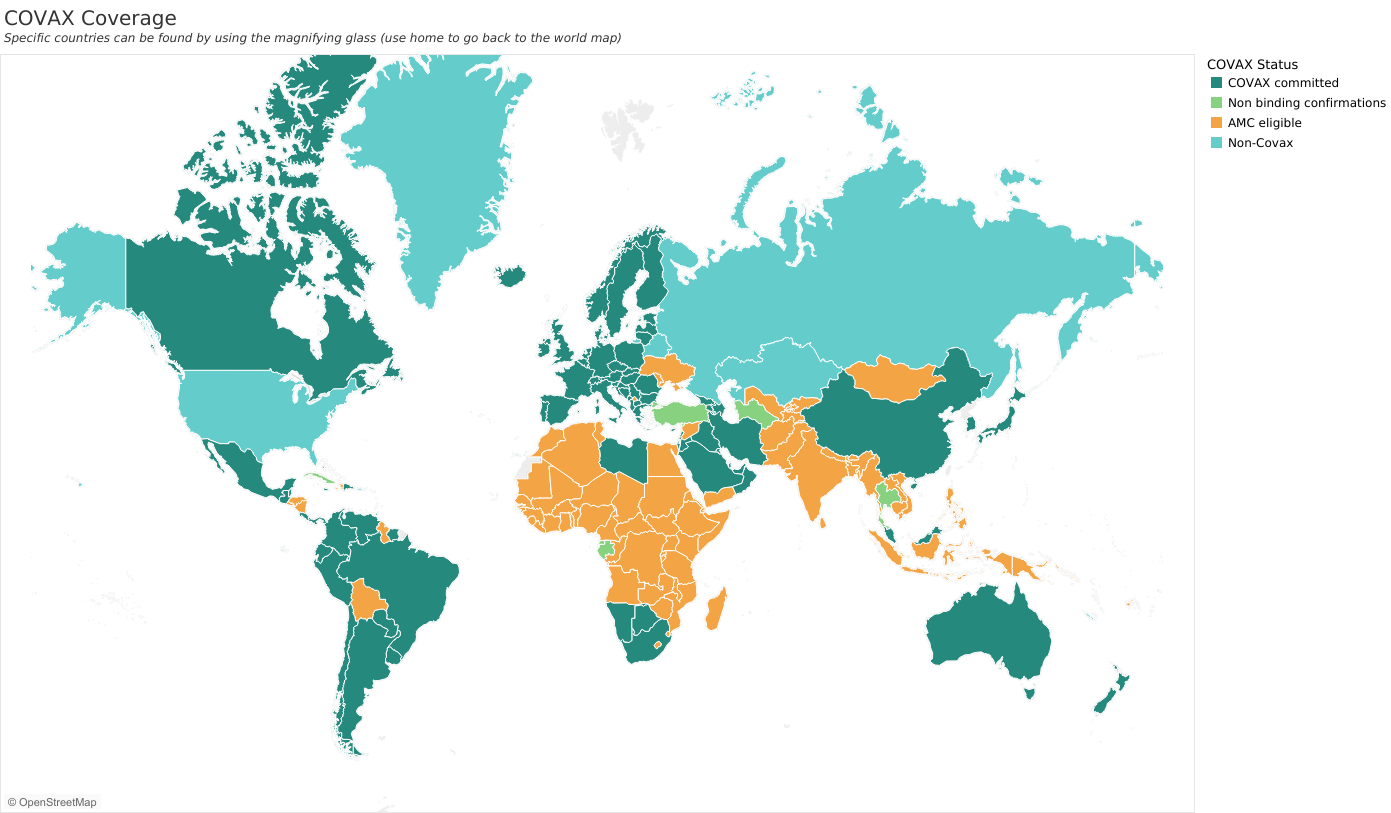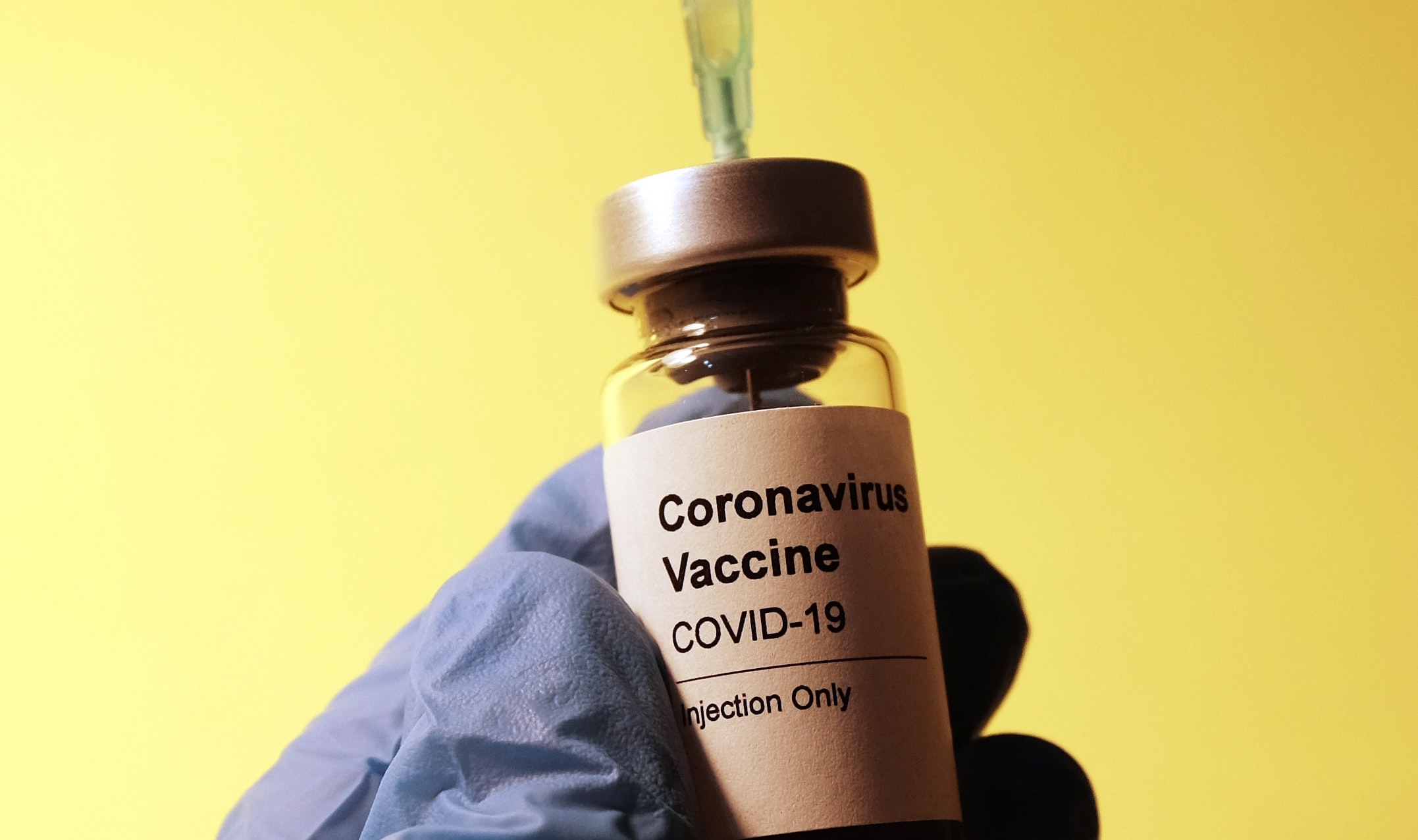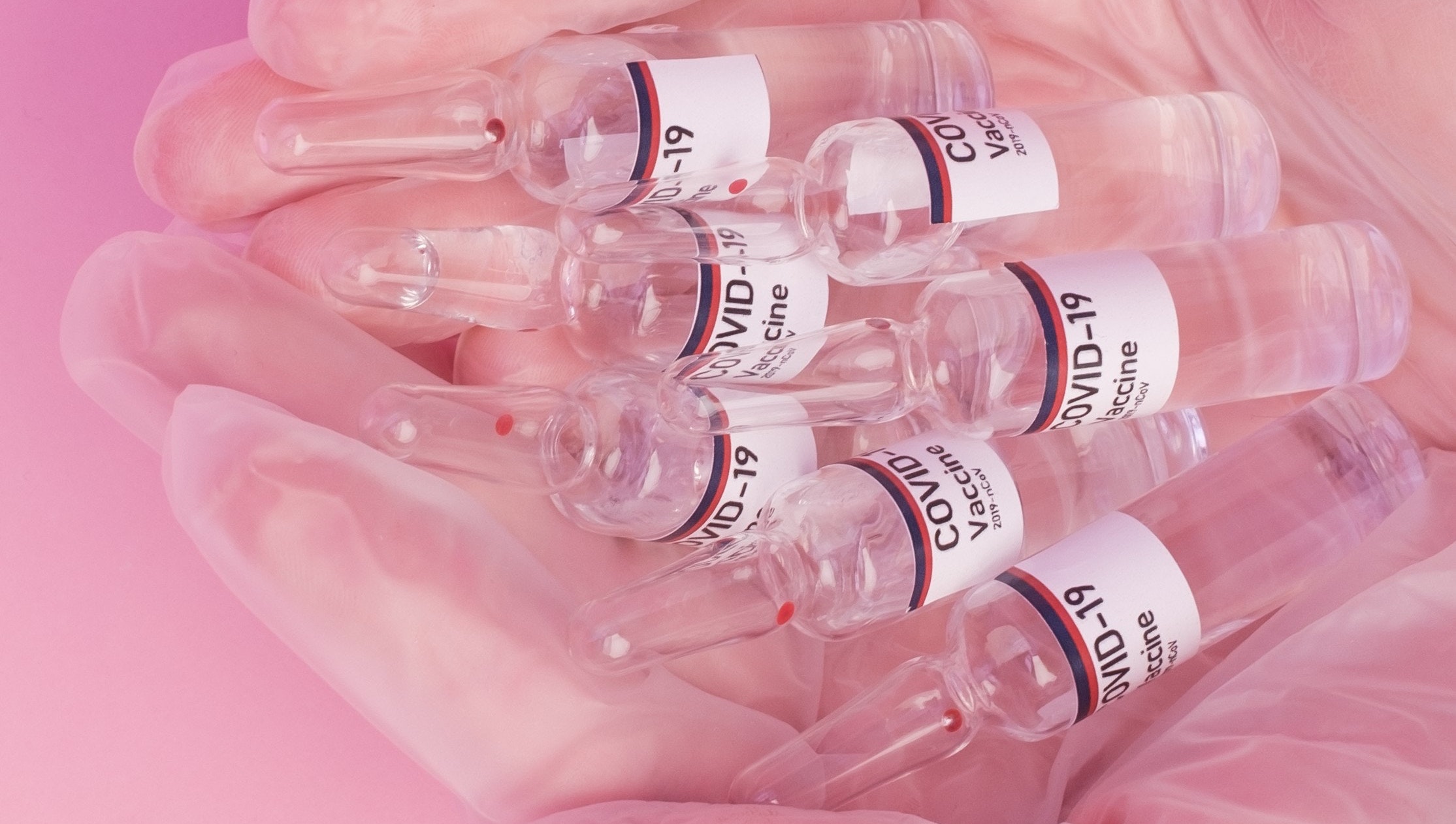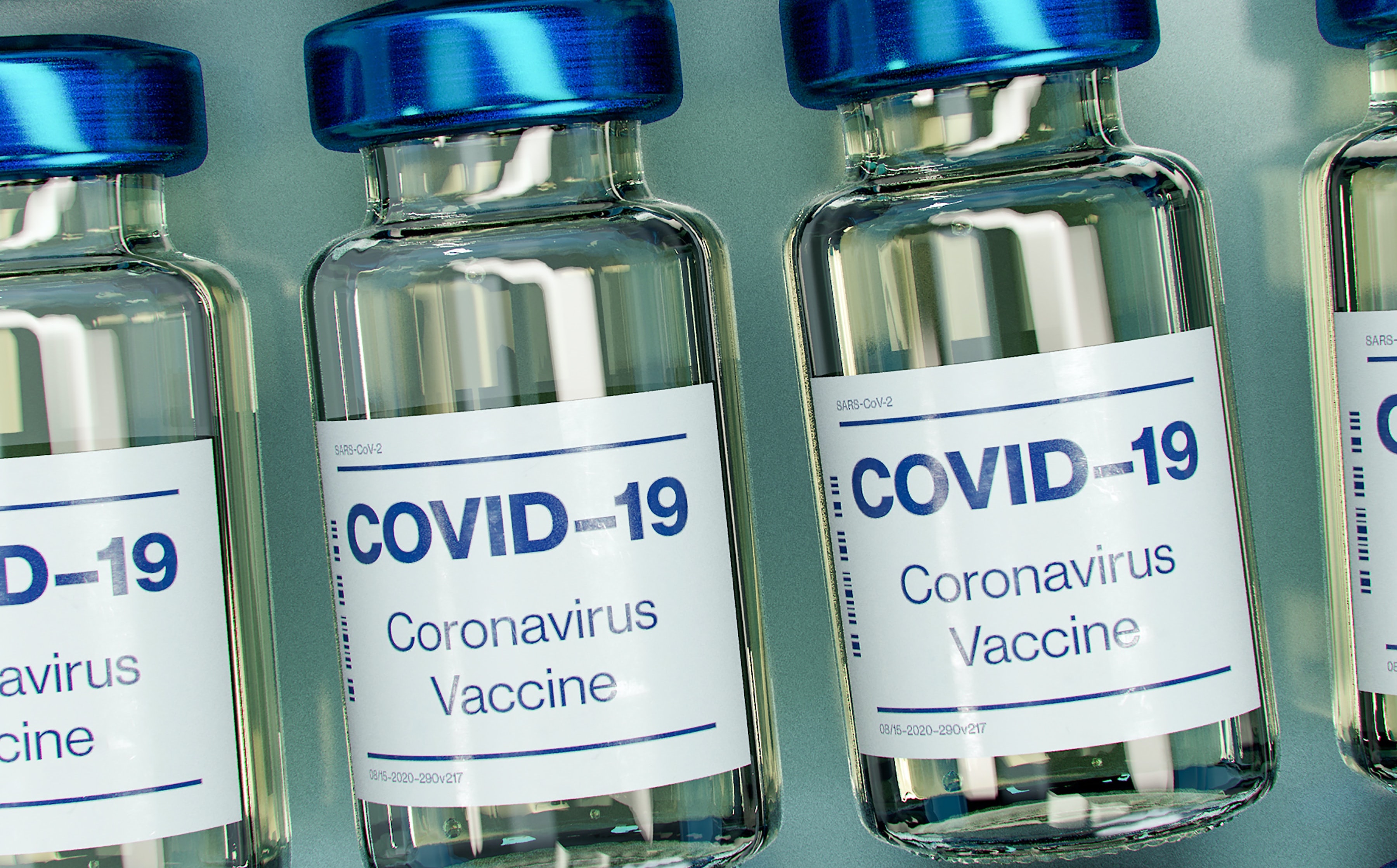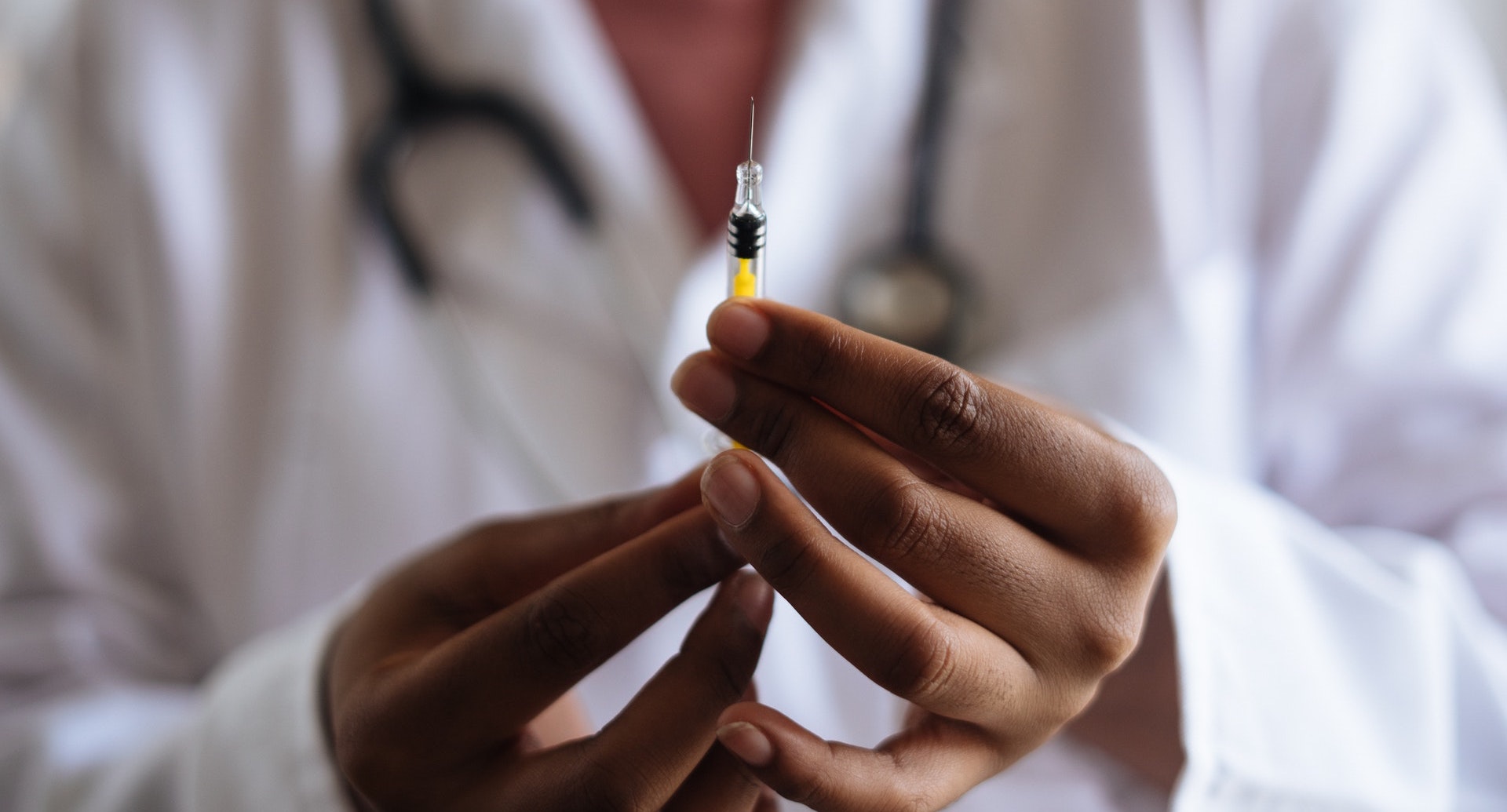A promising new vaccine candidate is getting a flurry of attention this week, even in a very crowded landscape that includes 11 vaccines on the market and 50+ more in Phase 2 or 3 trials. The newcomer NDV-HXP-S vaccine, developed through collaborations between researchers at University of Texas at Austin, PATH, and Mount Sinai, among others, is a mouthful to say but the name captures the two reasons people are excited about it.
Friday, April 2, 2021
The global imbalance in Covid-19 vaccines is often framed in terms of wealthy versus poor countries. While it can be summed that way (wealthy countries do have the majority of doses, while low-income countries have almost none), this overlooks the experience of upper-middle income countries (UMICs), such as Brazil, Indonesia, and China.
Friday, March 26, 2021
India’s announcement this week that it would halt exports of domestically produced Covid-19 vaccines in the short term seemed to take the world by surprise. It probably shouldn’t have.
Friday, March 12, 2021
Canada followed the same vaccine procurement playbook as its wealthy peers, making early advance market purchases across a broad range of Covid-19 vaccine candidates. Between August and October 2020, Canada purchased doses from Pfizer, Moderna, Janssen (J&J), Oxford-AstraZeneca, Sanofi-GSK, and Medicago (a domestic company).
Tuesday, March 9, 2021
While the vast majority of Covid-19 purchases have been through the public sector, we have also seen some private sector deals. This appears to be increasing recently, as governments are partnering with private sector health providers to widen the reach of their vaccine rollouts.
Tuesday, March 2, 2021
There were two significant developments this week that are great news for Covid-19 vaccine equity. To be clear, the picture is still bleak: rich countries hold more than half of the vaccine purchased and don’t want to share until they’ve had their fill.
Monday, February 22, 2021
The G7 countries met (virtually) on Friday, February 19, to share variants of “no one is safe until everyone is safe” and discuss the importance of global equity of Covid-19 vaccines and the need for international cooperation. (Sound familiar? That’s because we heard the same things from the G20 in November.)
Tuesday, February 16, 2021
Global manufacturing capacity has been the primary rate limiter for Covid-19 vaccinations. Our vaccine manufacturing infrastructure was not designed to produce enough doses to cover 70% of the world’s population within a year (in addition to regular and routine vaccines) and, as expected, demand is outstripping supply. There has been good news on the manufacturing front, however, with several large pharma companies recently joining with rivals to ramp up production.
Monday, February 8, 2021
The COVAX partnership released last week its first estimates of dose allocations for participating countries, covering planned deliveries from February through June. These are labeled as “indicative,” meaning the estimates are non-binding and subject to a list of caveats provided in both the distribution forecast and the supply update released in January. In fact, the language surrounding both documents seems on balance to contain more hedging than forecasting.
Monday, February 1, 2021
AstraZeneca recently alerted the EU that it would only be able to deliver 25% of the 80-100 million doses of Covid-19 vaccine expected this quarter, due to production problems in the European plants. Under new export controls, EU member states can now block exports of Covid-19 vaccines if they believe that the vaccine producers are in danger of not meeting their supply contracts with the EU.
Monday, January 25, 2021
Dr. Anthony Fauci, newly named the US Chief Medical Advisor, warmly addressed the WHO executive board within the first 24 hours of the Biden administration. Dr. Fauci confirmed that under President Joe Biden, the US will rejoin the WHO and will also join COVAX, the global mechanism designed to ensure equitable allocation of vaccines across the world.
Tuesday, January 19, 2021
This past week, we saw the first direct vaccine purchases made for low-income countries with the
African Union’s purchase of 270 million doses of Covid-19 vaccines from Pfizer-BioNTech, OxfordAstraZeneca, and Johnson & Johnson (J&J). Though it is a relatively modest purchase, it represents a significant shift in the global power dynamics of the Covid-19 response.
Monday, January 11, 2021
The Serum Institute of India (SII), one of the world’s largest vaccine manufacturers, has publicly
committed that half of the Covid-19 vaccines they produce will stay in India to serve the domestic
market, while the remainder will be shipped out to other countries. This week, we have changed the way that India’s reserved doses of vaccine are represented in our data.
Friday, December 18, 2020
We have seen a lot of movement in regulatory approval of Covid-19 vaccines over the past two weeks,
as vaccination campaigns begin to roll out. When tracking the Covid-19 vaccine landscape, it is
important to keep in mind the difference between emergency use authorization and full authorization.
Most Covid-19 vaccine approvals received thus far have been limited to emergency use.
Monday, December 14, 2020
We are frequently asked why some data about vaccines purchased by Russia and China appear to be missing from our data. The answer is because both countries control largely state-owned vaccine development and manufacturing chains, and, in part because of this, are notably less transparent than some other countries about advance purchases for domestic use as well as exports.

